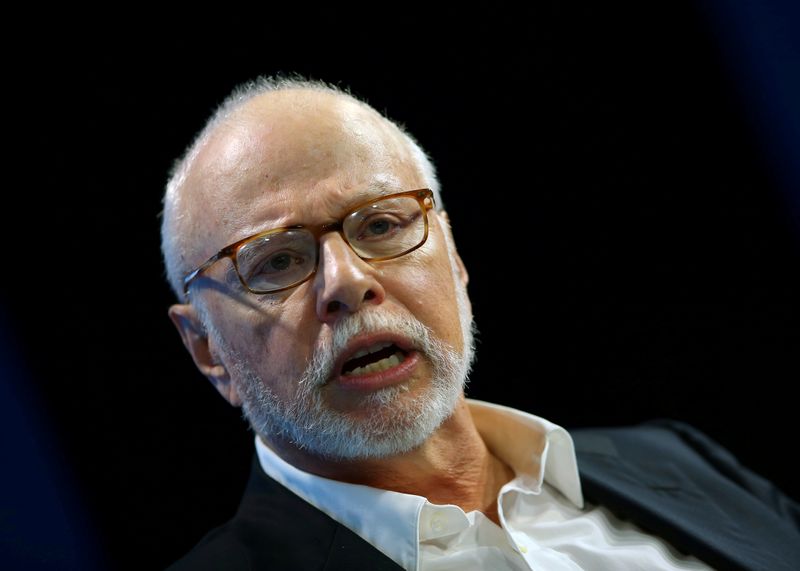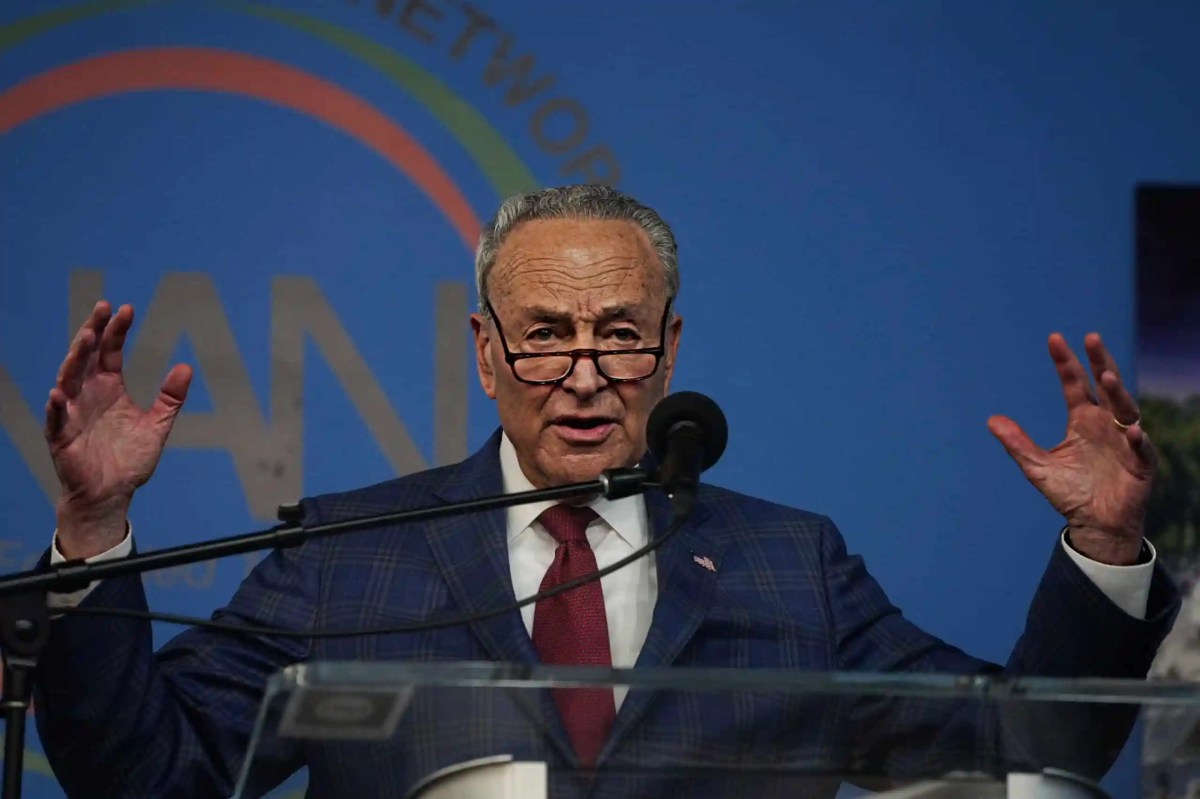BOSTON (Reuters) – Billionaire Paul Singer’s Elliott Management said global stocks could tumble further, ultimately losing half or more of their value from February’s high, as the world braces for the deepest recession since the 1930s-era Great Depression.
The New York-based hedge fund firm, in a letter to clients on Wednesday seen by Reuters, wrote that the sharp market decline seen between late February and late March “provided a heavy bookend to a dozen years of basically nonstop positive returns in global stocks, bonds and real estate.”
And the rout is likely not yet over.
“Our gut tells us that a 50% or deeper decline from the February top might be the ultimate path of global stock markets,” said Elliott, which controls $40.4 billion in assets and is closely watched for its views on markets and economics.
The benchmark U.S. S&P 500 stock market index tumbled 36% over four weeks but reversed course and rallied 31% from the March 23 low, leaving it 16% below the high set on Feb. 19, Elliott wrote.
Elliott’s portfolio managers have bought some stocks and bonds recently, but the firm said it was too soon to call an all-clear for markets.
“To us there does not appear to be a gilded cornucopia of shining bargains,” the letter said.
The hedge fund said gold, long a safe haven investment, and credit investments may be the most lucrative for investors as the world tries to climb out of the recession.
“This is a perfect environment for gold to take center stage,” the letter said, as spot gold traded at about $1,741 an ounce. Fair value for the metal, the fund believes “is literally multiples of its current price.”
The novel coronavirus erupted against a backdrop of record low interest rates coupled with record high leverage as markets were propped up by excessive government debt, the fund said.
Elliott, founded in 1977 by Singer, is known for its founder’s relatively pessimistic economic views and for warning about economic dangers long before others see them.
Ever since the 2008 financial crisis, Singer has written in client letters that asset prices were overvalued as governments flooded the market with cheap money to revive growth.
Now with millions unemployed, the letter said emergency actions are needed. “Deficit spending and massive monetary expansion are called for to prevent total collapse,” it said.
Sounding a note of caution for policymakers, the letter added that “monetary soundness is the key to financial system soundness.”
Over nearly four decades Singer and his team have been known as steady and reliable investors who protect capital for pension funds, college endowments and private investors by returning an average of 13% a year.
In the first quarter, the Elliott International fund gained 2.2% in the first quarter while its Elliott Associates fund was up 1.6%.
The average hedge fund lost roughly 8% percent during the same time, data from Hedge Fund Research show.
The firm said it hedged its portfolio with protection trades on credit, equities, rates and gold. This helped offset declines in distressed debt and equity trades.
A spokesman for New York-based Elliott Management Corp did not immediately respond to an email seeking comment.
While Elliott invests in a variety of instruments, it is especially well known as an activist investor that has pushed for changes at companies such as Twitter <TWTR.N>, SoftBank <9984.T> and AT&T <T.N>.
In Wednesday’s letter, it said a different playbook may be needed as old tools like requests for share buybacks could be ignored as companies scramble to keep their business alive and employees safe.
There may be a chance “for companies to enhance their survival chances through strategic M&A,” the letter said, even as the pace of mergers has slowed dramatically during the virus outbreak.
(Reporting by Svea Herbst-Bayliss and Lawrence Delevingne; Editing by Bernadette Baum and Tom Brown)























